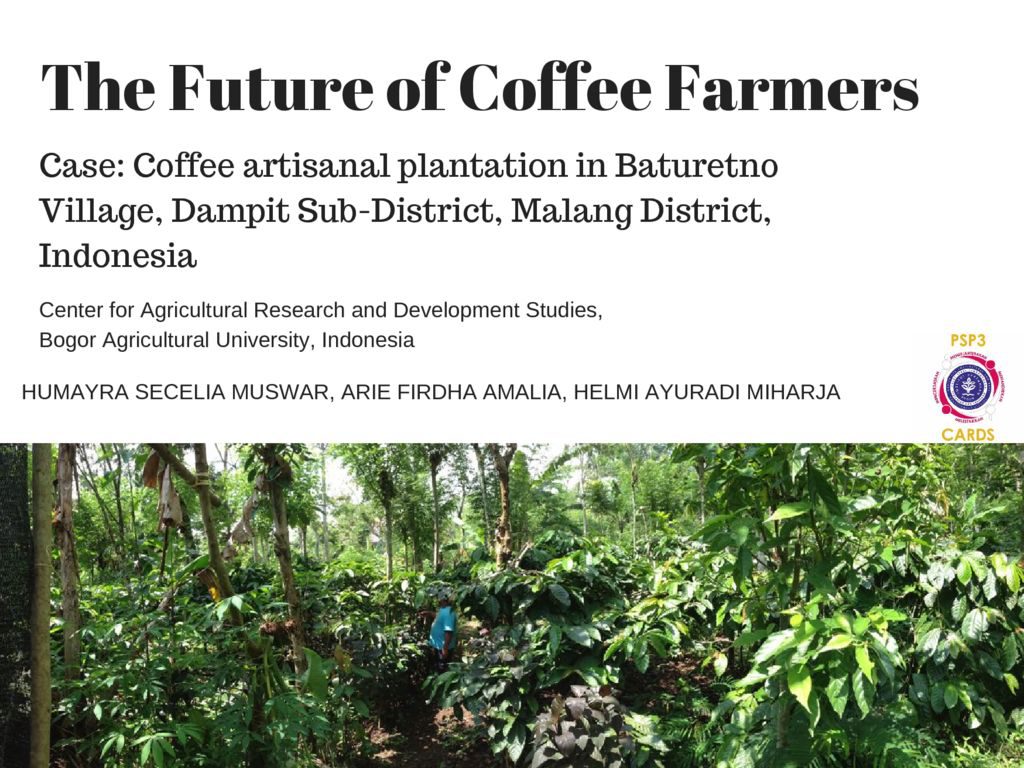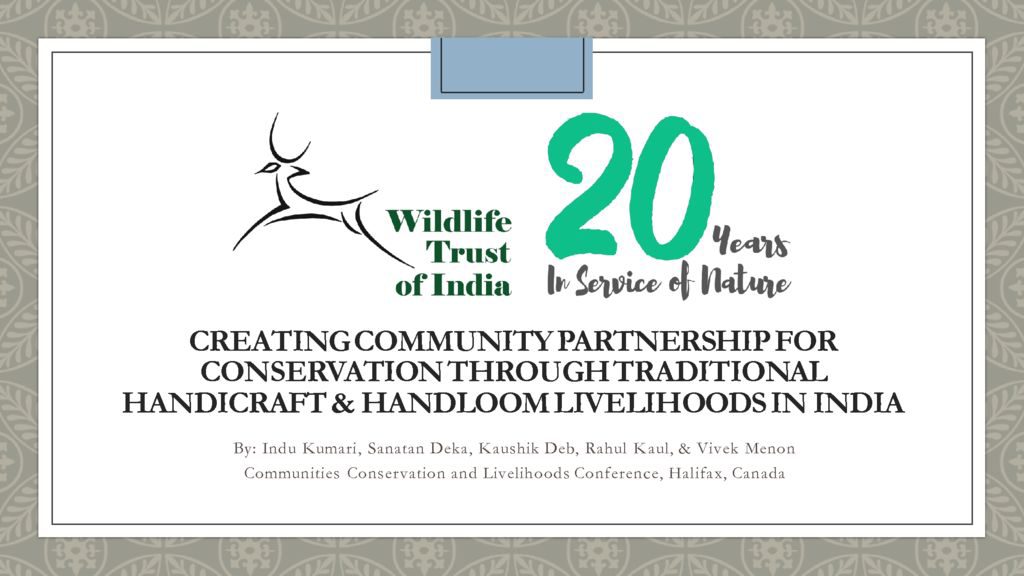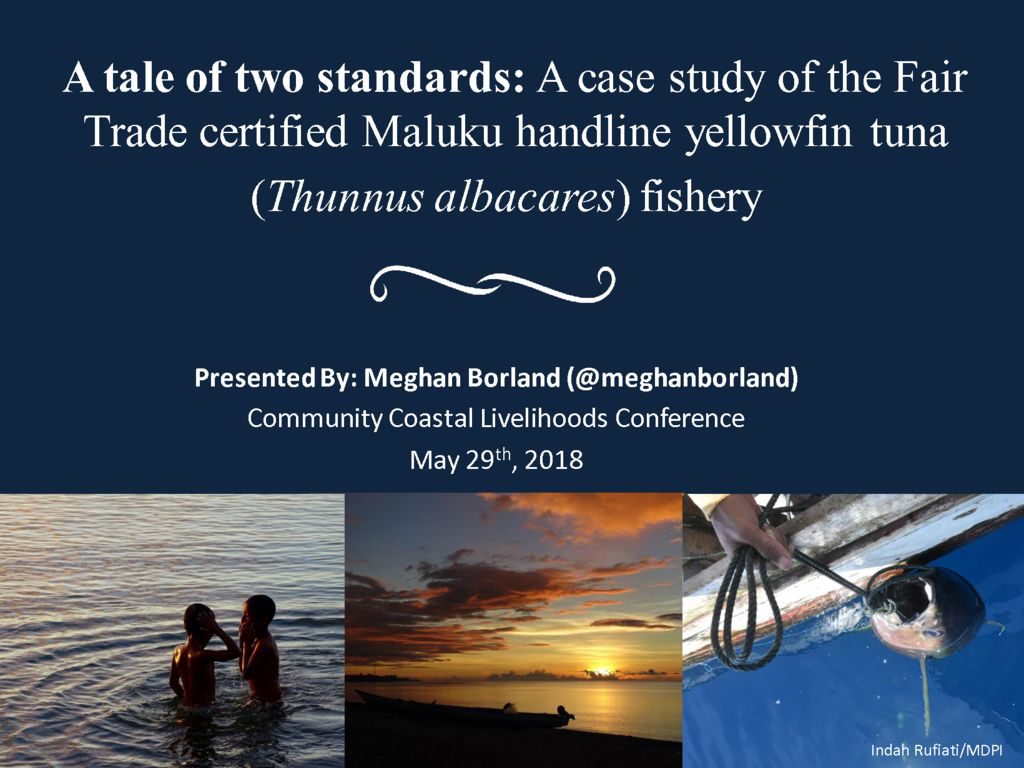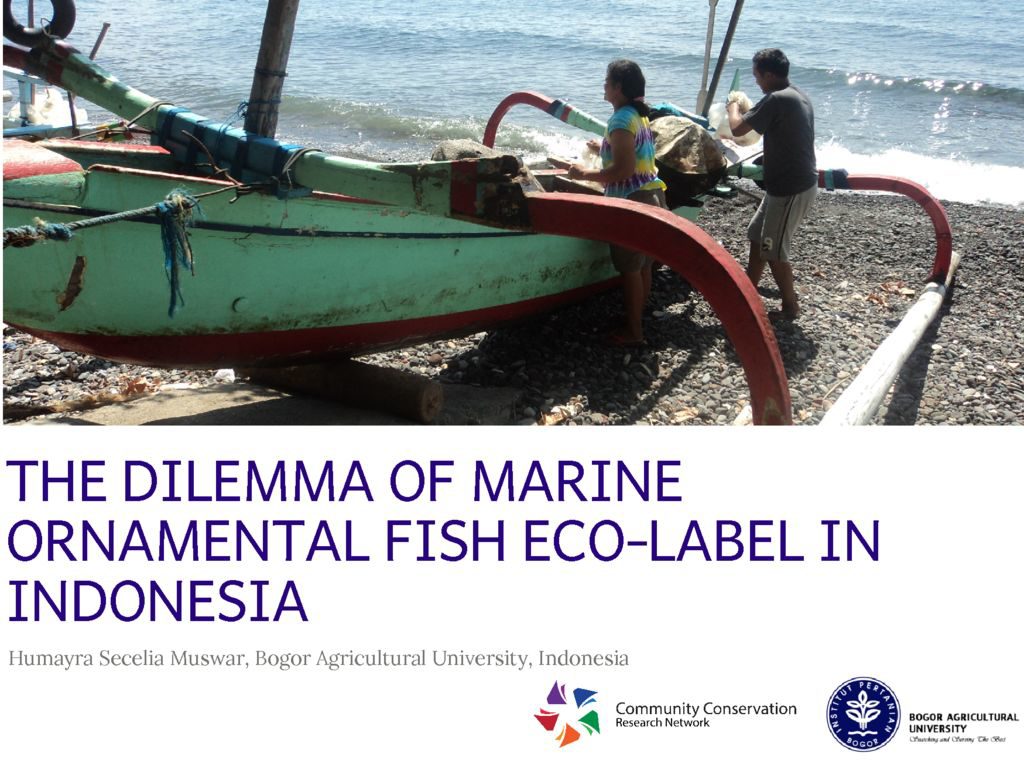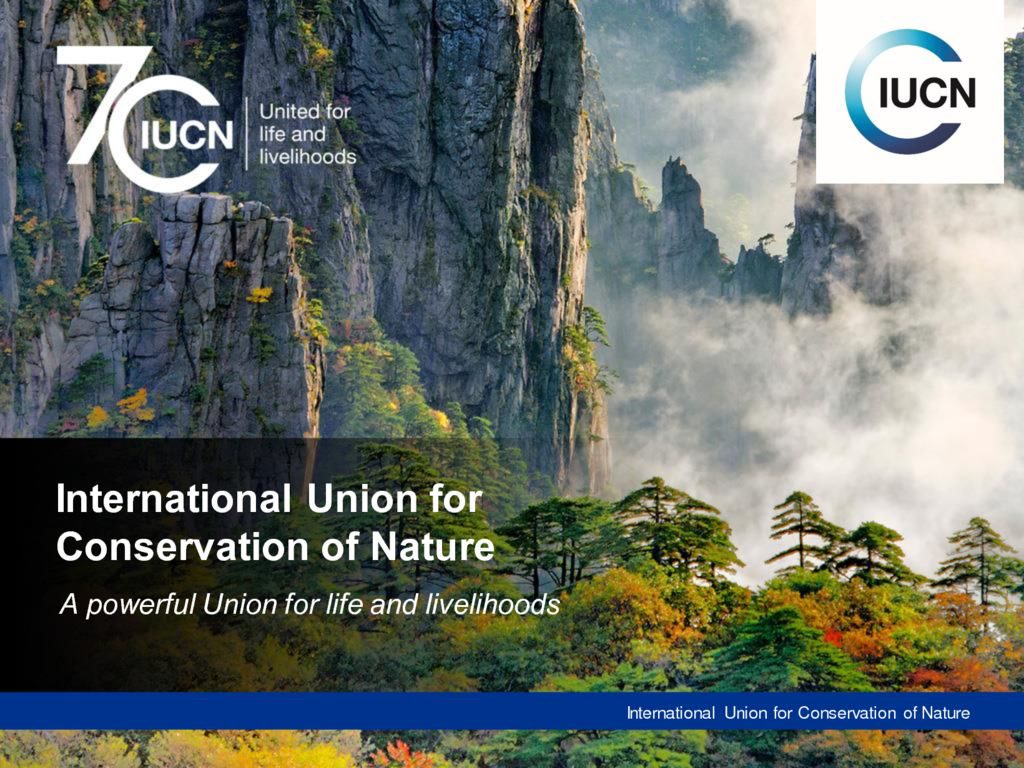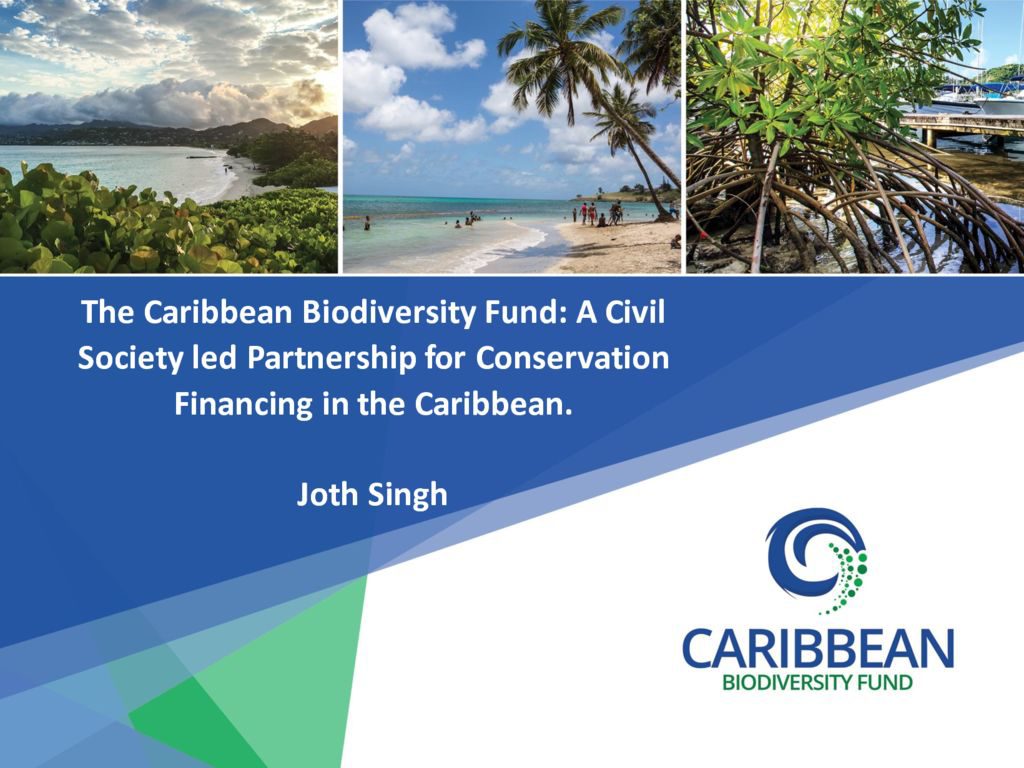04 Apr Local Economies, Value Chains & Innovative Financing
The need for greater attention on the widespread lack of accessibility between local and international markets in rural and/or developing areas, and means of shifting attitudes and behaviours through increasing local levels of education and awareness toward conservation are emphasized as central themes running throughout the resources on this page. With personal and professional accounts from sites in Indonesia, Bali, India, Kenya, the Caribbean, and Canada’s West Coast, a discussion is built around market competitiveness, resiliency, livelihood sustainability, and the importance of community partnerships.
Impacts on the vulnerability of local economies due to natural resource dependency, power structures in governance systems and several other unforeseen local factors are presented here. With this information, we strive to inform and empower individuals – and unite governments, private sectors, NGOs and communities under the common goal of increasing wellbeing of humans and nature through prosperous and sustainable local livelihood opportunities.
Key Themes:
Livelihoods, Places & Spaces, Engagement, Education & Empowerment
Click titles to expand sections below:
The Future of Coffee Farmers: (Case: Coffee artisanal plantation in Baturetno Village, Dampit Sub-District, Malang District, Indonesia)
Creating Community Partnership for Conservation through Traditional Handicraft & Handloom Livelihoods in India
A tale of two standards: A case study of the Fair Trade certified Maluku handline yellowfin tuna (Thunnus albacares) fishery
The Dilemma of Marine Ornamental Fish Eco-label in Indonesia: From Market Instruments to Political Instrument
Community Environment Conservation Fund as a tool for Catalyzing Conservation and Enhancing Livelihoods
The Caribbean Biodiversity Fund: A Civil Society led Partnership for Conservation Financing in the Caribbean
Bending the Curve: Transitioning to Sustainability in the Clayoquot Sound UNESCO Biosphere Region
Laura Loucks (Clayoquot Biosphere Trust), Nicole Gerbrandt (Education Coordinator at West Coast NEST / Clayoquot Biosphere Trust)



